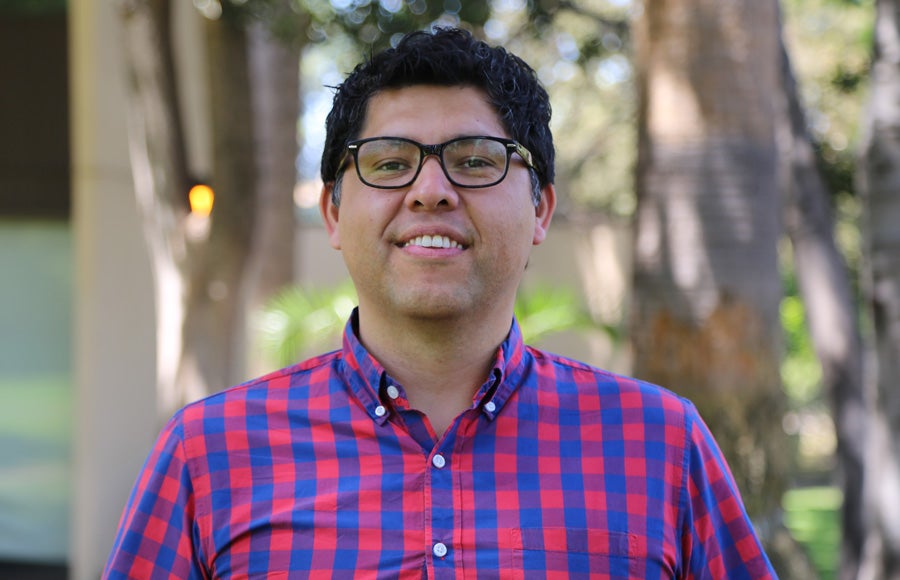
New USC Dornsife center focuses on issues affecting Latinx communities
Juan De Lara spent his childhood traveling throughout the Western United States with his parents, who were migrant farm workers. His family, like many others who take similar routes today, picked the grapes, apples and asparagus that end up on countless tables across the country.
De Lara’s early experiences fundamentally shaped his academic research interests. He has published widely on issues related to immigrant worker rights and environmental justice, and on the effects of globalization on the Latinx populations of Southern California.
He is now applying his research expertise and intimate knowledge of California’s Latina and Latino communities to his new role as director of the Latinx and Latin American Studies Center at the USC Dornsife College of Letters, Arts and Sciences.
“This center has been established as part of a larger movement for diversity, equity and inclusion,” says De Lara, associate professor of American studies and ethnicity at USC Dornsife. “This is about acknowledging that USC is in the middle of a city and a county that is overwhelmingly Latina and Latino, and yet has not focused enough as an institution on serving those communities. We are beginning to change that.”

Juan De Lara, director of the Latinx and Latin American Studies Center at USC Dornsife. (Photo: Mike Glier.)
De Lara says he hopes the center will become a place where community members, academics and students can “celebrate the diverse Latinx community” and engage in research projects that pertain to issues affecting Latinx communities.
But the center will not limit its focus to Los Angeles. In what De Lara calls a “hemispheric” approach, the center will undertake research across Latin America, delving into culture and politics through a multidisciplinary lens.
Because of the COVID-19 pandemic, community outreach has been difficult, but De Lara has planned more on-campus projects for the center starting this fall. He’s working not only with community groups but also Latinx arts and culture organizations in the L.A. area to create events and programs for the coming year.
“I want to increase the presence of the Latinx community on the USC campus,” he says. “In the fall, we hope to have a space on campus where we can bring people together to engage in conversations about the critical issues that are affecting the lives of our diverse Latin American and Latinx communities, such as sustainable environmental justice, Latinx youth, economic equity and political power.”